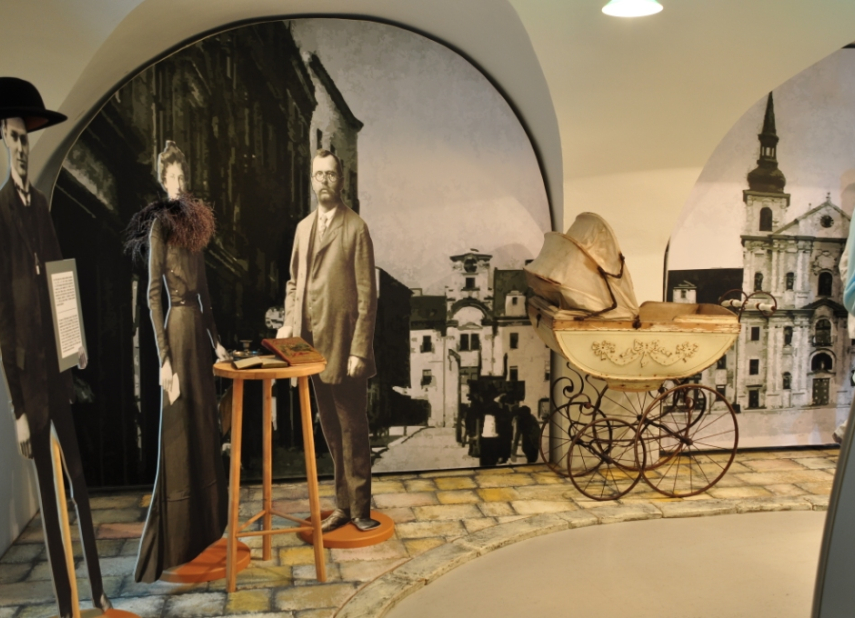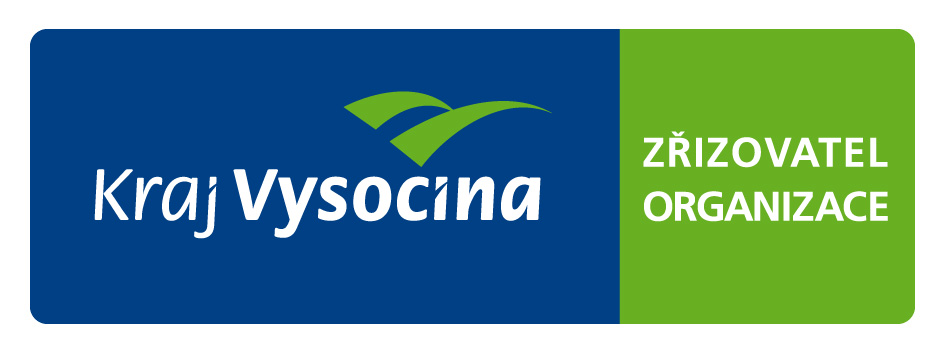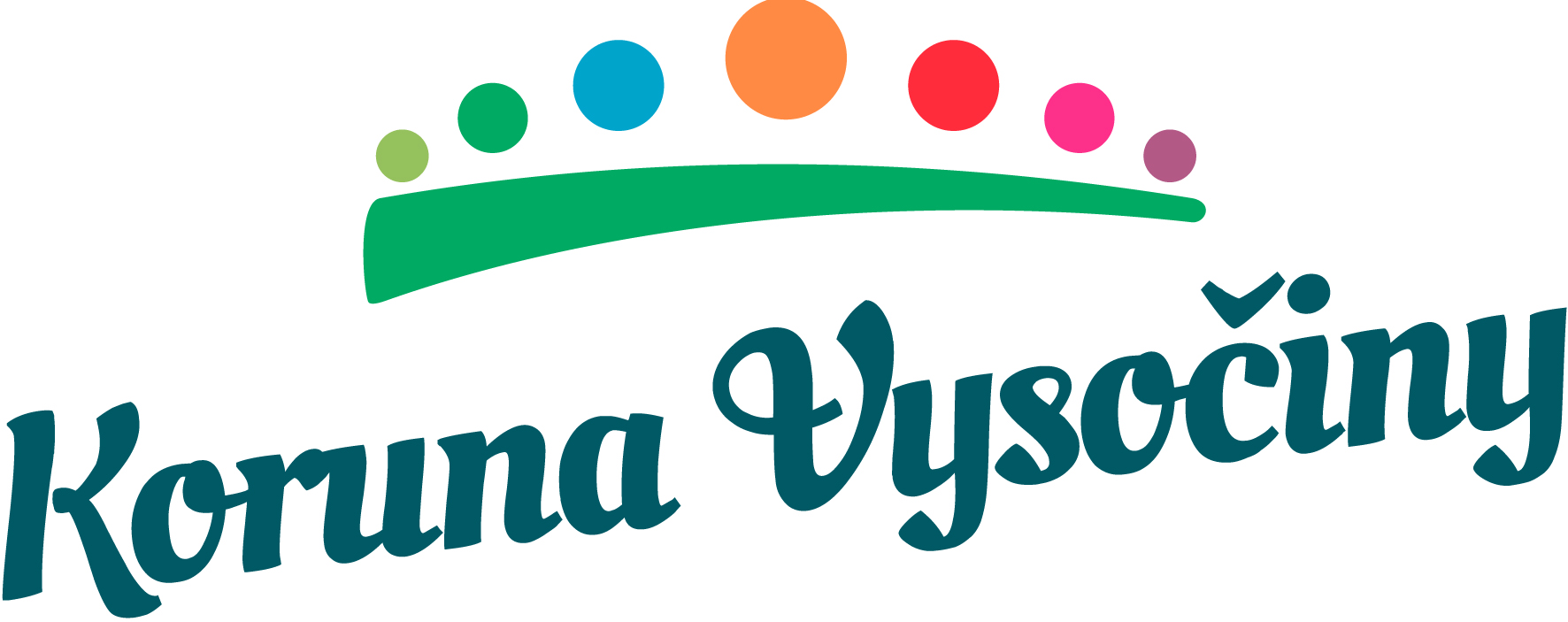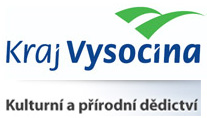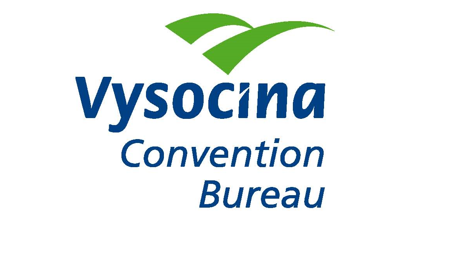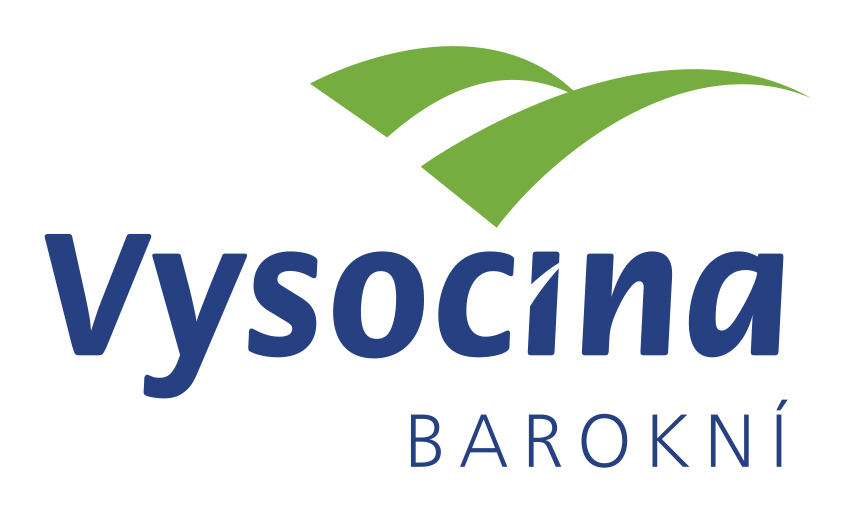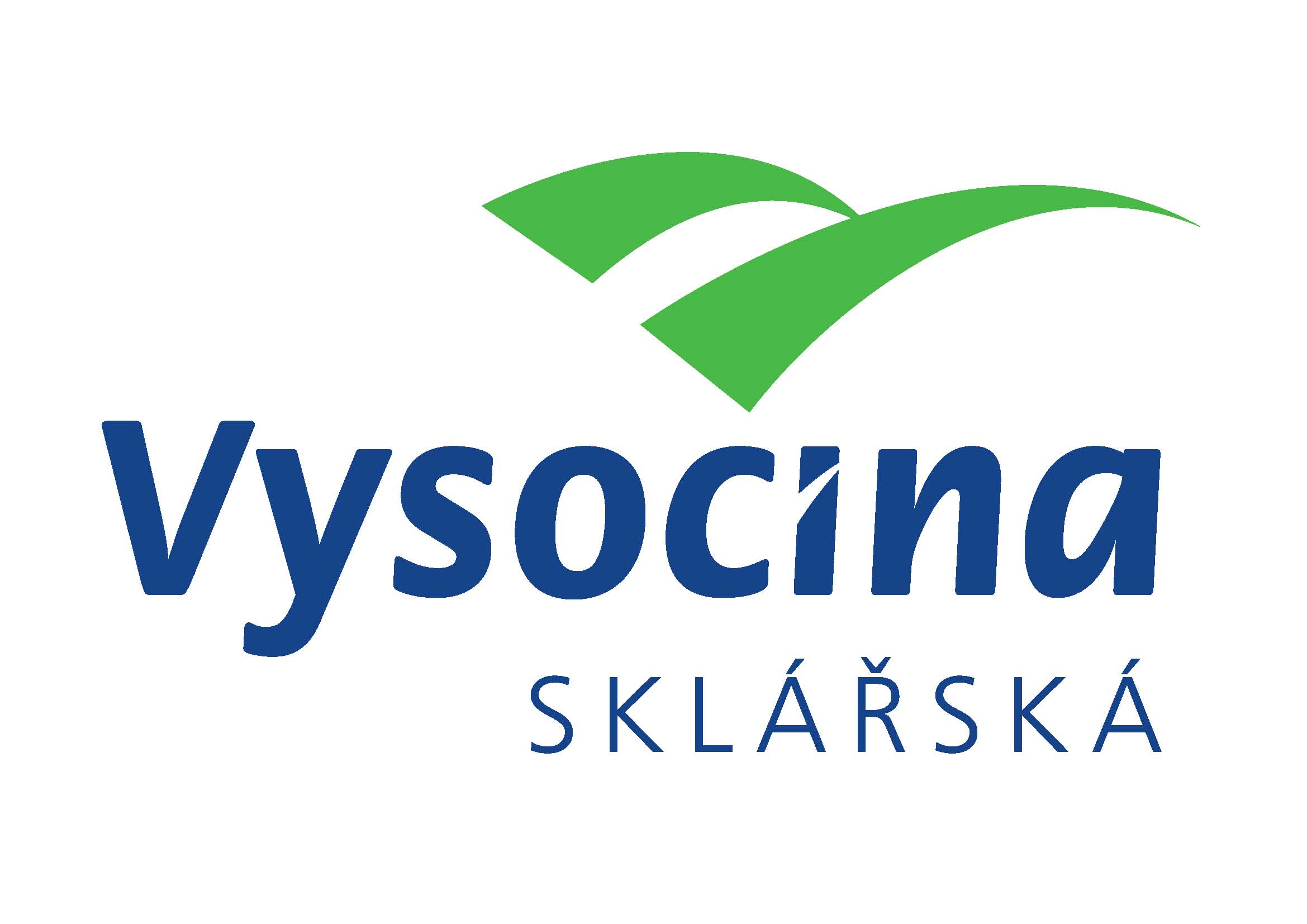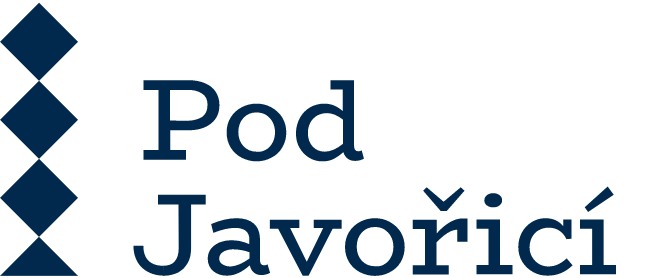[{"link_url":"\/en\/top-attractions\/5052-chotebor-jewish-cemetery","image_src":"\/cache\/xart_thumbnails\/4ef10acd0471640b04f85c7a788cc1c7.jpg","link_name":"CHOT\u011aBO\u0158 JEWISH CEMETERY","link_id":"5052","xfav":"heart","xfav_title":"COM_XFAVOURITE_LBL_ADD_TO_LIST"},{"link_url":"\/en\/top-attractions\/5088-kosetice-jewish-cemetery","image_src":"\/cache\/xart_thumbnails\/4c224a9994216434342868476966104b.jpg","link_name":"KO\u0160ETICE JEWISH CEMETERY","link_id":"5088","xfav":"heart","xfav_title":"COM_XFAVOURITE_LBL_ADD_TO_LIST"},{"link_url":"\/en\/top-attractions\/5128-stritez-jewish-cemetery","image_src":"\/cache\/xart_thumbnails\/eb9ecc3e5f548de904166b3615e6fa29.jpg","link_name":"ST\u0158\u00cdTE\u017d JEWISH CEMETERY","link_id":"5128","xfav":"heart","xfav_title":"COM_XFAVOURITE_LBL_ADD_TO_LIST"},{"link_url":"\/en\/top-attractions\/5020-cernovice-jewish-quarter","image_src":"\/cache\/xart_thumbnails\/1195bfc1f7a46f88dcdc502715770914.jpg","link_name":"\u010cERNOVICE JEWISH QUARTER","link_id":"5020","xfav":"heart","xfav_title":"COM_XFAVOURITE_LBL_ADD_TO_LIST"},{"link_url":"\/en\/top-attractions\/5064-horni-cerekev-jewish-cemetery","image_src":"\/cache\/xart_thumbnails\/8150abe8c9cedb516554bc91de4ea96f.jpg","link_name":" HO\u0158EPN\u00cdK JEWISH CEMETERY","link_id":"5064","xfav":"heart","xfav_title":"COM_XFAVOURITE_LBL_ADD_TO_LIST"},{"link_url":"\/en\/top-attractions\/5104-moravske-budejovice-jewish-cemetery","image_src":"\/cache\/xart_thumbnails\/55a569ef60cbe03e23861d01bb41f336.jpg","link_name":"MORAVSK\u00c9 BUD\u011aJOVICE JEWISH CEMETERY","link_id":"5104","xfav":"heart","xfav_title":"COM_XFAVOURITE_LBL_ADD_TO_LIST"},{"link_url":"\/en\/top-attractions\/5040-moravske-budejovice-jewish-quarter","image_src":"\/cache\/xart_thumbnails\/959681d4b53ccd47f52f20a654cd318c.jpg","link_name":"MORAVSK\u00c9 BUD\u011aJOVICE JEWISH QUARTER","link_id":"5040","xfav":"heart","xfav_title":"COM_XFAVOURITE_LBL_ADD_TO_LIST"},{"link_url":"\/en\/top-attractions\/5112-pacov-jewish-cemetery","image_src":"\/cache\/xart_thumbnails\/9985b9bee01536edc9b52a79ad77a17c.jpg","link_name":"PACOV JEWISH CEMETERY","link_id":"5112","xfav":"heart","xfav_title":"COM_XFAVOURITE_LBL_ADD_TO_LIST"},{"link_url":"\/en\/top-attractions\/5000-puklice-jewish-quarter-and-cemetery","image_src":"\/cache\/xart_thumbnails\/6ff75acbe5f48469066bf1af140b8af1.jpg","link_name":"PUKLICE JEWISH QUARTER AND CEMETERY","link_id":"5000","xfav":"heart","xfav_title":"COM_XFAVOURITE_LBL_ADD_TO_LIST"},{"link_url":"\/en\/top-attractions\/4964-batelov-synagogue","image_src":"\/cache\/xart_thumbnails\/e682ab463ecbe0b0c53dcf38e6e5f712.jpg","link_name":"BATELOV SYNAGOGUE","link_id":"4964","xfav":"heart","xfav_title":"COM_XFAVOURITE_LBL_ADD_TO_LIST"},{"link_url":"\/en\/top-attractions\/5009-batelov-jewish-quarter","image_src":"\/cache\/xart_thumbnails\/89dd8f355c4bf785021a06ec3e10bb7f.jpg","link_name":"BATELOV JEWISH QUARTER","link_id":"5009","xfav":"heart","xfav_title":"COM_XFAVOURITE_LBL_ADD_TO_LIST"},{"link_url":"\/en\/top-attractions\/4976-kamenice-nad-lipou-synagogue","image_src":"\/cache\/xart_thumbnails\/9bef802ce27a0b24013cc1732ba9314d.jpg","link_name":"KAMENICE NAD LIPOU SYNAGOGUE","link_id":"4976","xfav":"heart","xfav_title":"COM_XFAVOURITE_LBL_ADD_TO_LIST"},{"link_url":"\/en\/top-attractions\/5084-kamenice-nad-lipou-jewish-cemetery","image_src":"\/cache\/xart_thumbnails\/1e7ba4fc3bf67bf900f1ec5ed976cd52.jpg","link_name":"KAMENICE NAD LIPOU JEWISH CEMETERY","link_id":"5084","xfav":"heart","xfav_title":"COM_XFAVOURITE_LBL_ADD_TO_LIST"},{"link_url":"\/en\/top-attractions\/5076-jemnice-jewish-cemetery","image_src":"\/cache\/xart_thumbnails\/b34cda006c497bb20222d877131eb255.jpg","link_name":"JEMNICE JEWISH CEMETERY","link_id":"5076","xfav":"heart","xfav_title":"COM_XFAVOURITE_LBL_ADD_TO_LIST"},{"link_url":"\/en\/top-attractions\/5028-jemnice-jewish-quarter","image_src":"\/cache\/xart_thumbnails\/a19f4b83ca767de9c61001210dc75240.jpeg","link_name":"JEMNICE JEWISH QUARTER","link_id":"5028","xfav":"heart","xfav_title":"COM_XFAVOURITE_LBL_ADD_TO_LIST"},{"link_url":"\/en\/top-attractions\/4992-police-synagogue","image_src":"\/cache\/xart_thumbnails\/3a45364ebfc771ab8381218d6eba9790.jpg","link_name":"POLICE SYNAGOGUE","link_id":"4992","xfav":"heart","xfav_title":"COM_XFAVOURITE_LBL_ADD_TO_LIST"},{"link_url":"\/en\/top-attractions\/5120-police-jewish-cemetery","image_src":"\/cache\/xart_thumbnails\/6e03f424fa9da57d01ef0a9af1a501a3.jpg","link_name":"POLICE JEWISH CEMETERY","link_id":"5120","xfav":"heart","xfav_title":"COM_XFAVOURITE_LBL_ADD_TO_LIST"},{"link_url":"\/en\/top-attractions\/5048-police-jewish-quarter","image_src":"\/cache\/xart_thumbnails\/f02136e91806a0e13fe8be00e1e1e8c3.jpg","link_name":"POLICE JEWISH QUARTER","link_id":"5048","xfav":"heart","xfav_title":"COM_XFAVOURITE_LBL_ADD_TO_LIST"},{"link_url":"\/en\/top-attractions\/5152-jewish-cemetery-typhus-havlickuv-brod","image_src":"\/cache\/xart_thumbnails\/37700c1bb1590ef7aefc1cd5f2d8726b.jpg","link_name":"Jewish cemetery - typhus Havl\u00ed\u010dk\u016fv Brod","link_id":"5152","xfav":"heart","xfav_title":"COM_XFAVOURITE_LBL_ADD_TO_LIST"},{"link_url":"\/en\/top-attractions\/5132-svetla-nad-sazavou-jewish-cemetery","image_src":"\/cache\/xart_thumbnails\/71995d0d41a28e19609df8009dceb62c.jpg","link_name":"SV\u011aTL\u00c1 NAD S\u00c1ZAVOU JEWISH CEMETERY","link_id":"5132","xfav":"heart","xfav_title":"COM_XFAVOURITE_LBL_ADD_TO_LIST"},{"link_url":"\/en\/top-attractions\/5136-zidovsky-hrbitov-telc","image_src":"\/cache\/xart_thumbnails\/af06ee256e0034ddd914f3f05e66402a.jpg","link_name":"TEL\u010c JEWISH CEMETERY","link_id":"5136","xfav":"heart","xfav_title":"COM_XFAVOURITE_LBL_ADD_TO_LIST"},{"link_url":"\/en\/top-attractions\/5014-brtnice-jewish-quarter","image_src":"\/cache\/xart_thumbnails\/b666491fa740b8ad52491f1ead0f5351.jpg","link_name":"BRTNICE JEWISH QUARTER","link_id":"5014","xfav":"heart","xfav_title":"COM_XFAVOURITE_LBL_ADD_TO_LIST"},{"link_url":"\/en\/top-attractions\/5056-golcuv-jenikov-jewish-cemetery","image_src":"\/cache\/xart_thumbnails\/80b69d366d73b2b57e65cd029f5e2729.jpg","link_name":"GOL\u010c\u016eV JEN\u00cdKOV JEWISH CEMETERY","link_id":"5056","xfav":"heart","xfav_title":"COM_XFAVOURITE_LBL_ADD_TO_LIST"},{"link_url":"\/en\/top-attractions\/4968-golcuv-jenikov-synagogue","image_src":"\/cache\/xart_thumbnails\/40bccb6a0b3db7d780989f99dff74f7c.jpg","link_name":"GOL\u010c\u016eV JEN\u00cdKOV SYNAGOGUE","link_id":"4968","xfav":"heart","xfav_title":"COM_XFAVOURITE_LBL_ADD_TO_LIST"},{"link_url":"\/en\/top-attractions\/5024-golcuv-jenikov-jewish-quarter","image_src":"\/cache\/xart_thumbnails\/4c8b151b90f57d1d99eed28183932c6e.jpg","link_name":"GOL\u010c\u016eV JEN\u00cdKOV JEWISH QUARTER","link_id":"5024","xfav":"heart","xfav_title":"COM_XFAVOURITE_LBL_ADD_TO_LIST"},{"link_url":"\/en\/top-attractions\/5092-ledec-nad-sazavou-jewish-cemetery","image_src":"\/cache\/xart_thumbnails\/4a1a34b6f422a7bde72fa379fde50820.jpg","link_name":"LEDE\u010c NAD S\u00c1ZAVOU JEWISH CEMETERY","link_id":"5092","xfav":"heart","xfav_title":"COM_XFAVOURITE_LBL_ADD_TO_LIST"},{"link_url":"\/en\/top-attractions\/4980-ledec-nad-sazavou-synagogue","image_src":"\/cache\/xart_thumbnails\/f4d1130e50c8255f6fce8c526e21f941.jpg","link_name":"LEDE\u010c NAD S\u00c1ZAVOU SYNAGOGUE","link_id":"4980","xfav":"heart","xfav_title":"COM_XFAVOURITE_LBL_ADD_TO_LIST"},{"link_url":"\/en\/top-attractions\/5036-ledec-nad-sazavou-jewish-quarter","image_src":"\/cache\/xart_thumbnails\/a21a0a876dd1ddadfe201f1a0df1a88c.jpg","link_name":"LEDE\u010c NAD S\u00c1ZAVOU JEWISH QUARTER","link_id":"5036","xfav":"heart","xfav_title":"COM_XFAVOURITE_LBL_ADD_TO_LIST"},{"link_url":"\/en\/top-attractions\/5100-velke-mezirici-jewish-cemetery","image_src":"\/cache\/xart_thumbnails\/da20b88be3480709b0b2f4b57b5c3cc7.jpg","link_name":"VELK\u00c9 MEZI\u0158\u00cd\u010c\u00cd JEWISH CEMETERY","link_id":"5100","xfav":"heart","xfav_title":"COM_XFAVOURITE_LBL_ADD_TO_LIST"},{"link_url":"\/en\/top-attractions\/4953-the-old-synagogue-in-velke-mezirici","image_src":"\/cache\/xart_thumbnails\/e1a6c2ab8c2ef3cc2bec10fc02afdc14.jpg","link_name":"THE OLD SYNAGOGUE IN VELK\u00c9 MEZI\u0158\u00cd\u010c\u00cd","link_id":"4953","xfav":"heart","xfav_title":"COM_XFAVOURITE_LBL_ADD_TO_LIST"},{"link_url":"\/en\/top-attractions\/5072-velke-mezirici-jewish-quarter","image_src":"\/cache\/xart_thumbnails\/997ca7a4799eb41e069663f62ea15876.jpg","link_name":"VELK\u00c9 MEZI\u0158\u00cd\u010c\u00cd JEWISH QUARTER","link_id":"5072","xfav":"heart","xfav_title":"COM_XFAVOURITE_LBL_ADD_TO_LIST"},{"link_url":"\/en\/top-attractions\/5080-jihlava-jewish-cemetery","image_src":"\/cache\/xart_thumbnails\/f01aaede2eb667a7ff8ee004096f2ac1.jpg","link_name":"JIHLAVA JEWISH CEMETERY","link_id":"5080","xfav":"heart","xfav_title":"COM_XFAVOURITE_LBL_ADD_TO_LIST"},{"link_url":"\/en\/top-attractions\/5144-zidovsky-hrbitov-trest","image_src":"\/cache\/xart_thumbnails\/a4a9cbf9b933b487382d4062bf60642f.jpg","link_name":"T\u0158E\u0160\u0164 JEWISH CEMETERY","link_id":"5144","xfav":"heart","xfav_title":"COM_XFAVOURITE_LBL_ADD_TO_LIST"},{"link_url":"\/en\/top-attractions\/5108-nova-cerekev-jewish-cemetery","image_src":"\/cache\/xart_thumbnails\/87bcc787597e3a31c59a656a261bae4a.jpg","link_name":"NOV\u00c1 CEREKEV JEWISH CEMETERY","link_id":"5108","xfav":"heart","xfav_title":"COM_XFAVOURITE_LBL_ADD_TO_LIST"},{"link_url":"\/en\/top-attractions\/4984-nova-cerekev-synagogue","image_src":"\/cache\/xart_thumbnails\/cfc3cd1b5bfcc6d7d3f3184a8af44864.jpg","link_name":"NOV\u00c1 CEREKEV SYNAGOGUE","link_id":"4984","xfav":"heart","xfav_title":"COM_XFAVOURITE_LBL_ADD_TO_LIST"},{"link_url":"\/en\/top-attractions\/5044-nova-cerekev-jewish-quarter","image_src":"\/cache\/xart_thumbnails\/b1b378578ced91d73e7fe96943818605.jpg","link_name":"NOV\u00c1 CEREKEV JEWISH QUARTER","link_id":"5044","xfav":"heart","xfav_title":"COM_XFAVOURITE_LBL_ADD_TO_LIST"},{"link_url":"\/en\/top-attractions\/5124-polna-jewish-cemetery","image_src":"\/cache\/xart_thumbnails\/93f02cb47803d7c0e865a6d205ebcec1.jpg","link_name":"POLN\u00c1 JEWISH CEMETERY","link_id":"5124","xfav":"heart","xfav_title":"COM_XFAVOURITE_LBL_ADD_TO_LIST"},{"link_url":"\/en\/top-attractions\/5140-trebic-jewish-cemetery","image_src":"\/cache\/xart_thumbnails\/7139cab62ed1ad19f750b14d7ee23bf2.jpg","link_name":"T\u0158EB\u00cd\u010c JEWISH CEMETERY","link_id":"5140","xfav":"heart","xfav_title":"COM_XFAVOURITE_LBL_ADD_TO_LIST"},{"link_url":"\/en\/top-attractions\/4949-the-former-jewish-synagogue-in-trest","image_src":"\/cache\/xart_thumbnails\/060d96067222e066e25a5667eb0392e2.jpg","link_name":"THE FORMER JEWISH SYNAGOGUE IN T\u0158E\u0160\u0164","link_id":"4949","xfav":"heart","xfav_title":"COM_XFAVOURITE_LBL_ADD_TO_LIST"},{"link_url":"\/en\/top-attractions\/4972-humpolec-synagogue","image_src":"\/cache\/xart_thumbnails\/2fd6bbf7c01fb7dadf057219e267885d.jpg","link_name":" HUMPOLEC SYNAGOGUE","link_id":"4972","xfav":"heart","xfav_title":"COM_XFAVOURITE_LBL_ADD_TO_LIST"},{"link_url":"\/en\/top-attractions\/5005-trebic-jewish-quarter-and-jewish-cemetery-unesco","image_src":"\/cache\/xart_thumbnails\/9104bb166a1bfcf525baa78858415c52.jpg","link_name":"T\u0158EB\u00cd\u010c JEWISH QUARTER AND JEWISH CEMETERY (UNESCO)","link_id":"5005","xfav":"heart","xfav_title":"COM_XFAVOURITE_LBL_ADD_TO_LIST"}]
Load more

